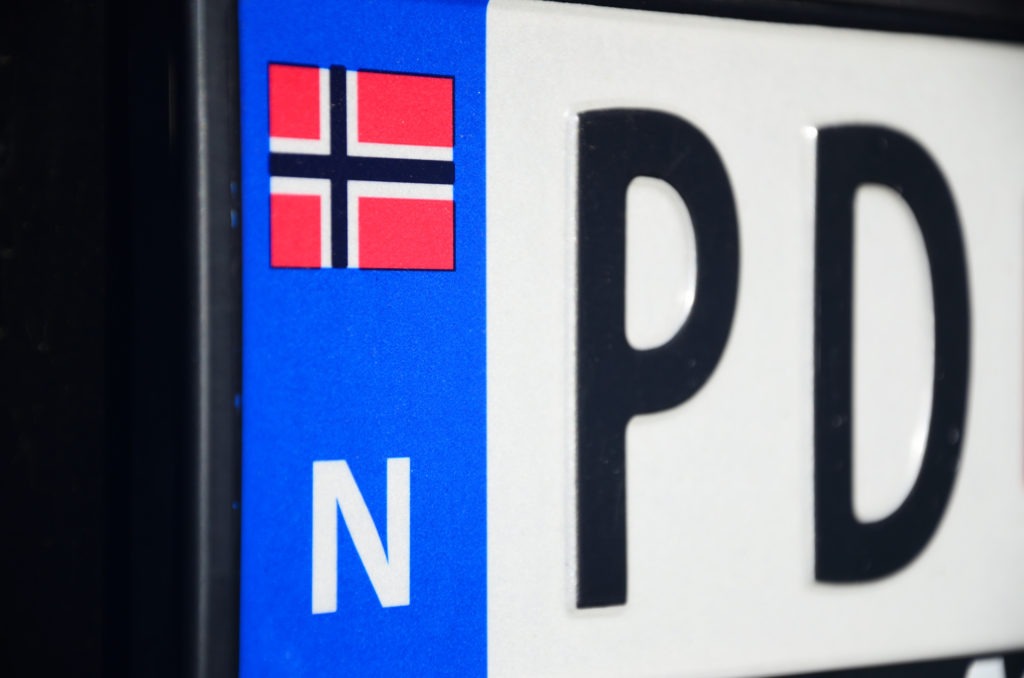Norway sees electrified vehicles dominate sales market for the first time in 2017
03 January 2018

3 January 2018
Sales of electric vehicles (EVs) and hybrid cars rose above half of new registrations in Norway in 2017, helped by subsidies that benefited the country in its plan to move away from conventional petrol and diesel vehicles.
The market share for EVs and hybrids reached 52%, up from 40% in 2016, according to the Norwegian Road Federation (OFV). The country exempts new electric cars from almost all taxes and grants perks that can be worth thousands of Euros a year in terms of free or subsidised parking, re-charging and use of toll roads, ferries and tunnels. It also generates almost all its electricity from hydropower, so the shift helps to reduce air pollution and climate change.
′No one else is close regarding a national share of electric cars,’ OFV chief Oeyvind Solberg Thorsen said. ′For the first time, we have a fossil-fuel market share below 50%.’
Last year, the International Energy Agency (IEA) said Norway was far ahead of other nations such as the Netherlands, Sweden, China, France and Britain in electric car sales.
By the IEA yardstick, which excludes hybrid cars with only a small electric motor that cannot be plugged in, electric car sales in Norway rose to 39% in 2017 from 29% in 2016, when the Netherlands was in second on 6.4%.
However, much of this adoption has been built around a program of subsidies, as current EVs are not able to compete with petrol vehicles regarding price. While the country’s Government believes that price parity will come about by 2025, due to the falling cost of batteries and rising demand, many manufacturers believe it more likely to be 2030 before petrol and electric achieve price parity.
′We view Norway as a role model for how electric mobility can be promoted through smart incentives,’ a BMW spokesman told Automotive News Europe. ′The situation would probably be different if these incentives were dropped.’
The country tried to amend the dependency on subsidies in 2017, planning to introduce what became known as the ′Tesla Tax’. The Government was looking to introduce an €8,800 tax on the sale of EVs weighing over two tonnes, therefore affecting the heavy premium vehicles such as those sold by the US manufacturer. The proposed removal of tax exemptions for electric cars over two tons, which was to be implemented in 2018, was buried after a budget compromise between the right-wing government and its centre-right allies
Last year, Norway’s parliament set a non-binding goal that by 2025 all cars sold should be zero emissions. Among other nations, France and Britain plan to ban sales of gasoline and diesel cars by 2040.
Christina Bu, head of the Norwegian Electric Vehicle Association which represents owners, said the 2025 goal meant that Norway should stick with its incentives for electric cars. ′It’s an ambitious goal only seven years away,’ she said.